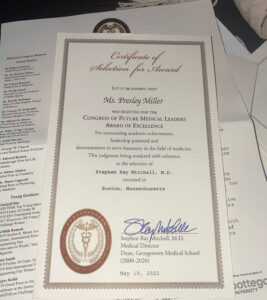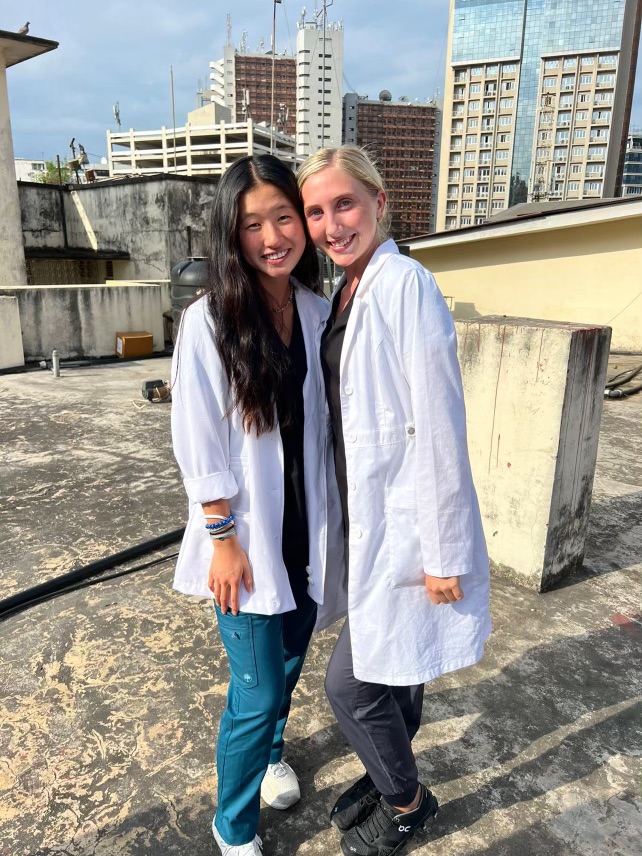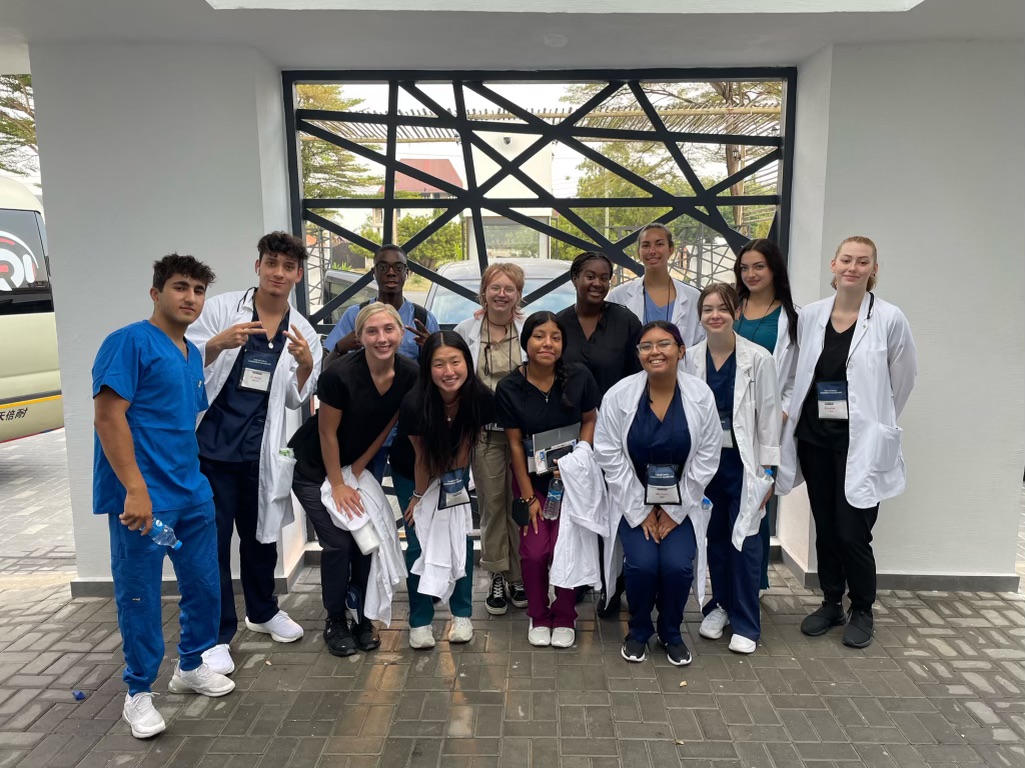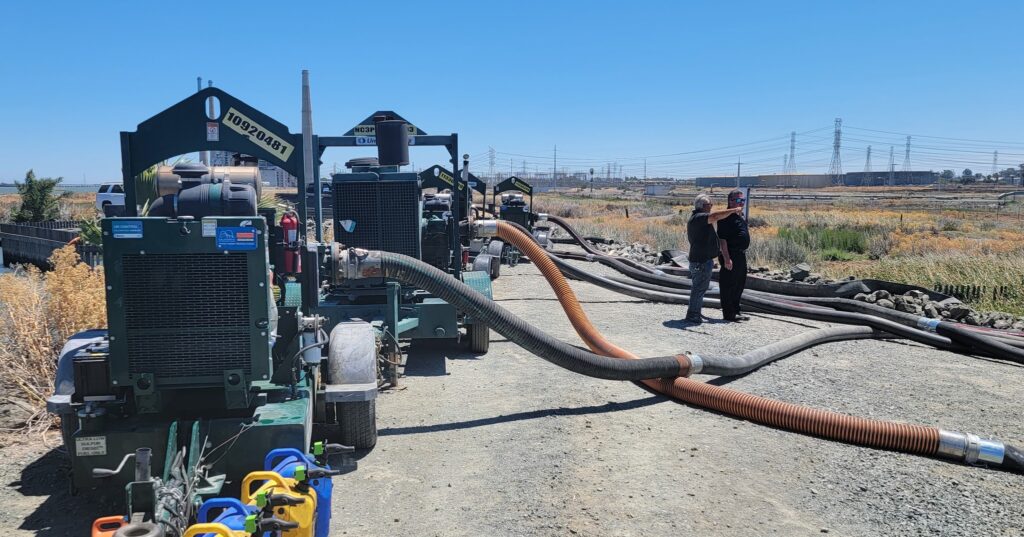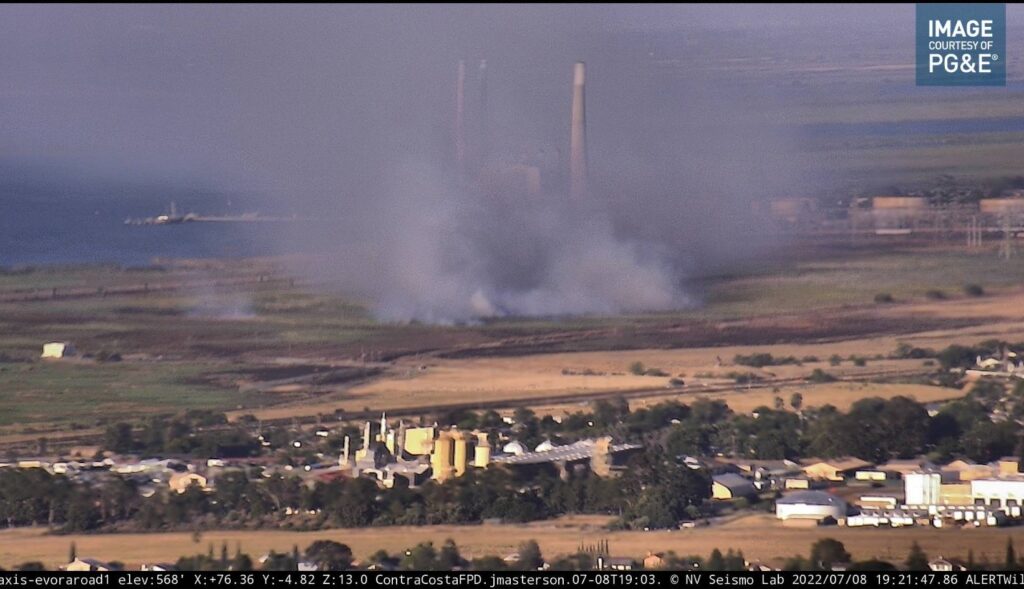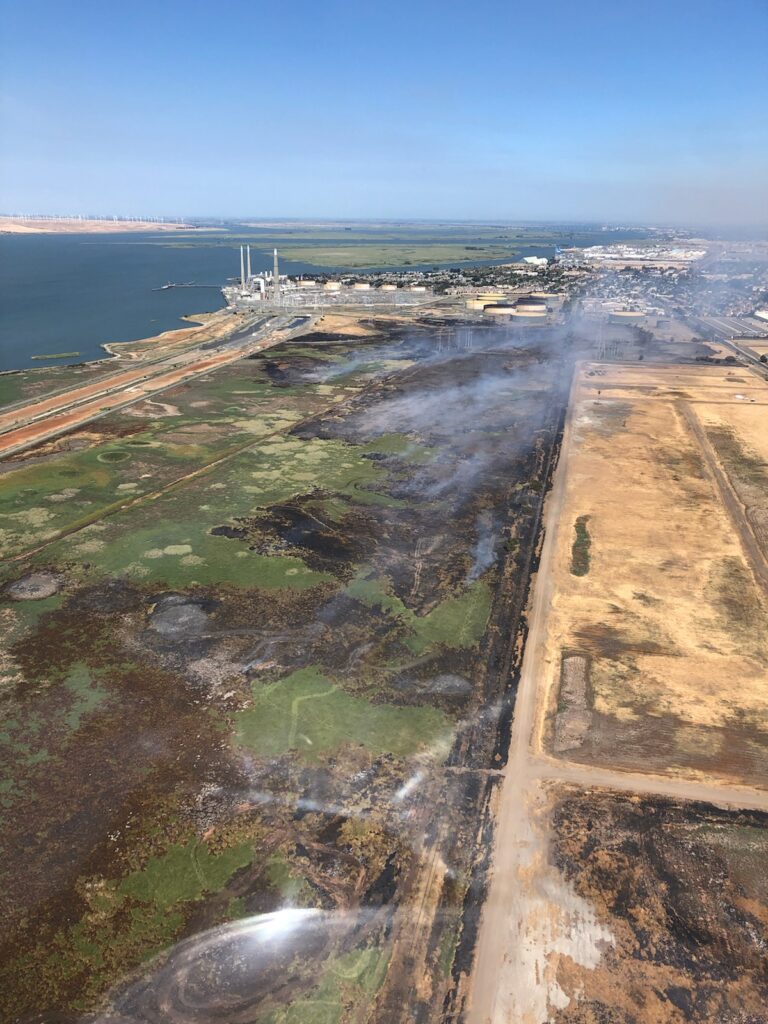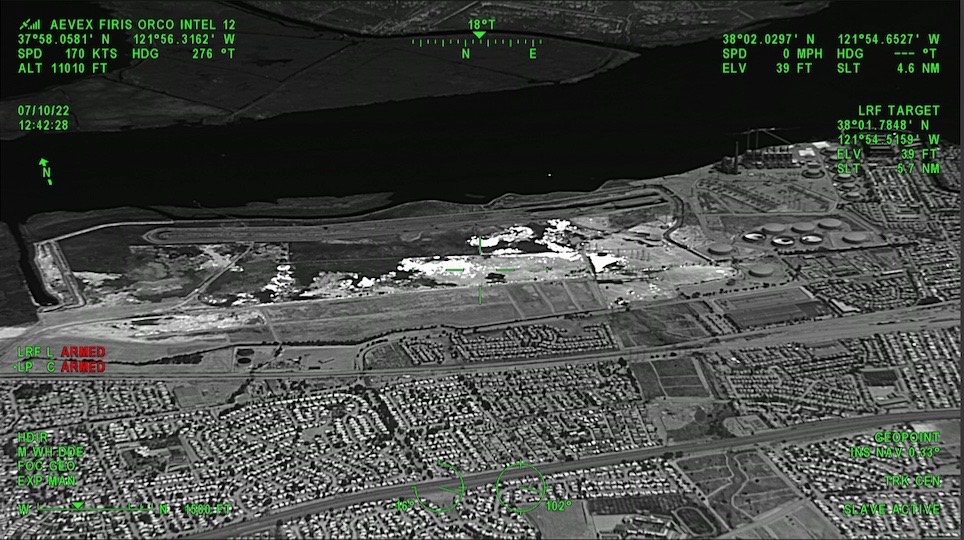Sutter Health agrees to pay $13 Million to settle False Claims Act allegations of improper billing for lab tests
Monday, October 17th, 2022By U.S. Attorney’s Office, Northern District of California, U.S. Department of Justice
 SAN FRANCISCO – Sutter Health, a Sacramento-based health care services provider, and its affiliate Sutter Bay Hospitals, the successor to Sutter East Bay Hospitals dba Alta Bates Summit Medical Center (collectively Sutter Health), agreed to pay more than $13 million to settle allegations that it violated the federal False Claims Act by billing the United States for toxicology screening tests performed by outside labs, announced United States Attorney Stephanie M. Hinds; Federal Bureau of Investigation San Francisco Special Agent in Charge Robert K. Tripp; Office of Personnel Management Office of Inspector General (OPM OIG) Special Agent in Charge Amy K. Parker; Department of Health and Human Services Office of Inspector General (HHS-OIG) Special Agent in Charge Steven J. Ryan; Department of Defense Office of Inspector General, Defense Criminal Investigative Service (DCIS) Western Field Office Special Agent in Charge Bryan D. Denny; and the Defense Health Agency (DHA). Sutter Health DOJ Settlement Agrmt 10.17.2022
SAN FRANCISCO – Sutter Health, a Sacramento-based health care services provider, and its affiliate Sutter Bay Hospitals, the successor to Sutter East Bay Hospitals dba Alta Bates Summit Medical Center (collectively Sutter Health), agreed to pay more than $13 million to settle allegations that it violated the federal False Claims Act by billing the United States for toxicology screening tests performed by outside labs, announced United States Attorney Stephanie M. Hinds; Federal Bureau of Investigation San Francisco Special Agent in Charge Robert K. Tripp; Office of Personnel Management Office of Inspector General (OPM OIG) Special Agent in Charge Amy K. Parker; Department of Health and Human Services Office of Inspector General (HHS-OIG) Special Agent in Charge Steven J. Ryan; Department of Defense Office of Inspector General, Defense Criminal Investigative Service (DCIS) Western Field Office Special Agent in Charge Bryan D. Denny; and the Defense Health Agency (DHA). Sutter Health DOJ Settlement Agrmt 10.17.2022
“Sutter Health agreed to pay $13 million to settle allegations that it billed government health programs for lab tests performed by others,” said U.S. Attorney Stephanie M. Hinds. “Government health care programs must be protected, and this office will investigate and pursue health care providers that fail to provide the services paid for by public health care programs.”
“Investigating health care fraud and abuse is a priority for the FBI,” said FBI San Francisco Special Agent in Charge Robert K. Tripp. “These cases are often worked in conjunction with our federal law enforcement partners, and this settlement is a great example of the multi-agency investigative team’s hard work to protect the integrity of the Federal Employees Health Benefits Program.”
“The OPM OIG is committed to protecting the Federal Employees Health Benefits Program from fraudulent claims,” said OPM OIG Special Agent in Charge Amy K. Parker. “I applaud the dedicated team for their effort in securing today’s settlement.”
“When medical providers charge federal health care programs for services that other providers actually performed, the integrity of these programs is undermined,” said HHS-OIG Special Agent in Charge Steven J. Ryan. “Working with our law enforcement partners, we will continue to uproot and investigate such schemes.”
“Today’s announced outcome concludes a collaborative effort to hold Sutter Health accountable for its improper billing practices that harmed our health care system, including the Department of Defense’s TRICARE program,” said DCIS Western Field Office Special Agent in Charge Bryan D. Denny. “DCIS will continue to work closely with our law enforcement partners to protect the integrity of the health care system.”
“We commend the Department of Justice, the U.S. Attorney’s office, and the other state and federal agencies for their commitment to justice,” stated the Defense Health Agency. “Their efforts protect taxpayer dollars to ensure our service members, veterans and their families continue to receive the highest level of medical care.”
The United States contends in the civil settlement agreement signed by Sutter Health that under the terms of a contract which the Sutter Health hospital Alta Bates Summit Medical Center entered into with Navigant Network Alliance, LLC, Navigant referred urine toxicology specimens obtained from physicians and laboratories across the country to Sutter. Sutter submitted bills, or caused bills to be submitted, for reimbursement of the qualitative and quantitative testing it performed on the specimens. The United States asserts that Sutter did not perform the quantitative testing on thousands of specimens referred under the agreement and that these quantitative tests were instead performed by third-party labs. The United States alleges that Sutter nevertheless sought reimbursement for the tests. In the settlement agreement, the United States contends that between August 1, 2016, and June 30, 2017, Sutter billed for urine toxicology tests it did not perform and was paid for the testing by the Federal Employees Health Benefits Program, Medicare, Medicaid, and Tricare.
Sutter agrees in the settlement agreement to pay $13,091,452 to settle the false claims allegations. Of that amount, Sutter has already paid more than $6.5 million to the United States. Sutter agrees to pay the remaining amount of approximately $6.5 million to the United States within 30 days. The settlement agreement resolves the civil law claims that the United States might have brought based upon these allegations.
This matter is being handled by Assistant United States Attorney David DeVito, with assistance from Garland He, Jonathan Birch, Lillian Do, and Alan Lopez. The matter is the result of a coordinated investigation between the U.S. Attorney’s Office for the Northern District of California and the FBI, OPM OIG, HHS-OIG, DCIS, and the DHA.
The investigation and resolution of this matter illustrate the government’s emphasis on combating health care fraud. One of the most powerful tools in this effort is the False Claims Act. Tips and complaints from all sources about potential fraud, waste, abuse, and mismanagement, can be reported to the Department of Health and Human Services at 800-HHS-TIPS (800-447-8477).
The civil settlement agreement is neither an admission of liability by Sutter Health nor a concession by the United States that its claims are not well founded.











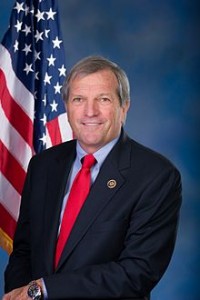
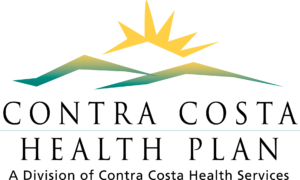 The National Committee for Quality Assurance (NCQA), the national evaluator of health insurance plans, has recognized Contra Costa Health Plan (CCHP) as among the best in California for patient experience and the quality of care it provides.
The National Committee for Quality Assurance (NCQA), the national evaluator of health insurance plans, has recognized Contra Costa Health Plan (CCHP) as among the best in California for patient experience and the quality of care it provides.

